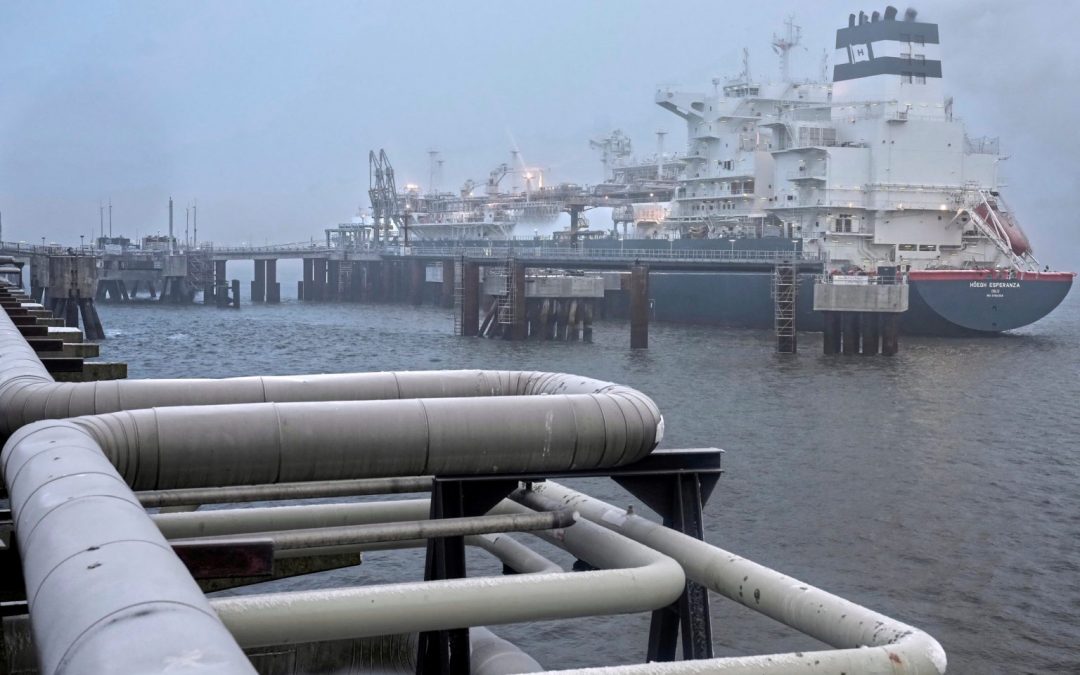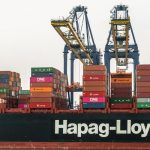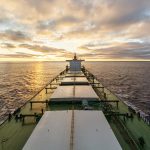Freight rates to ship LNG from the US Gulf Coast region to both Northwest Europe and Asia have cooled this week, as high gas inventories and lagging demand weigh on the market, sources said Dec. 6.
Platts, a part of S&P Global Commodity Insights, assessed the USGC to Northwest Europe LNG freight cost at $1.61/MMBtu on Dec. 5, down 6 cents/MMBtu on the day and down 10 cents/MMBtu on the week.
On the same day, the LNG USGC to Japan/Korea freight cost via Panama was assessed at $3.58/MMBtu, down 12 cents/MMBtu on the day and 18 cents/MMBtu on the week.
This put USGC freight rates to both regions at the lowest levels seen since the end of October.
The weak economic outlook, combined with mild temperature forecasts, have kept gas demand subdued in Europe at a time of high inventories and ample supply from the US.
In addition, the availability of vessels for delivering LNG across the Atlantic was heard to have risen, cushioning freight rates, trading sources said.
However, although freight rates have cooled, they remain relatively high by historical standards, sources said, with analysts at S&P Global Commodity Insights adding that the near-term weakness could be limited due to the ongoing delays at Panama Canal.
“The strong rate is backed by the Panama Canal shipping delays, record-high express transit auction fee at the canal and the generally solid export demand stateside,” the analysts said.
Asian cold snap
Meanwhile, market sources in Asia said that a forecast cold snap in Asia could help to boost gas demand in the region in the coming weeks, although the outlook for the rest of the winter season remains uncertain.
Furthermore, the Panama Canal delays have helped to keep Asian LNG prices at a premium to those seen in Europe.
Platts assessed the January JKM at $14.908/MMBtu on Dec. 5, while the DES Northwest Europe Marker for January was assessed at $11.275/MMBtu on the same day. This puts JKM at a $3.633/MMBtu premium to Northwest European prices, recovering slightly from the multi-month highs assessed on Dec. 4, where it was the steepest premium seen since January.
Arbitrage economics to Asia have been volatile in recent months, though they have been in positive territory since the beginning of November.
This could help boost its competitiveness against Europe in terms of US arbitrage cargoes.
Source: Hellenic Shipping New






